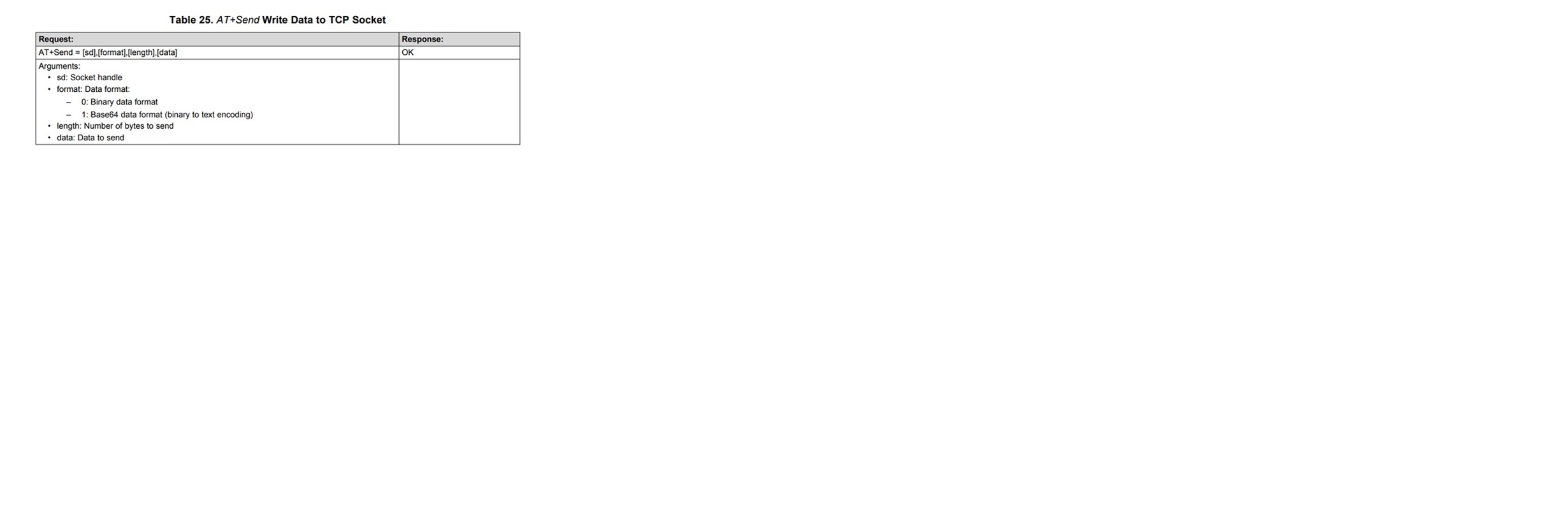Hi.
I'm using the CC3220MOD with AT Command Demo.
I've have spoken in a previous thread, https://e2e.ti.com/support/wireless-connectivity/wifi/f/968/p/711070/2621072#2621072
about the issue when sending byte data using the AT+Sendto command, where the data matches 0x0D, and the AT Command Demo interprets which as the end of the message, when it isn't.
I implemented a work around for this, where I send double byte formatted data, and strip it back on arrival at the cloud.
But the issue has resurfaced else where now....
I now need to send Root Certificates to the Flash Storage using the at+file_write. The files are in .pem format . These are required for a WPA2-Enterprise EAP-TLS network.
These .pem files have LF (0x0A) placed regularly throughout the file. When sending the data using the AT+file_write, the AT slave is determining the 0x0A as end of message.
Now, I thought originally that only the CR (0x0D) was used for end of message in the AT Command Demo, (my codes uses gap timeouts, not terminating characters).
But I was obviously wrong, and it can be 0x0A or 0x0D.
I think an easy fix, would be to amend the AT Command Demo to only response to 0x0D, so the 0x0A in the .pem files will not effect the handler. But I'm not sure if .pem files will ever have 0x0D characters. All the certificates I have here only contains 0x0A or printable characters, and no 0x0D.
I have a trial required soon at a customer and need help ASAP.
Thoughts please.
Regards
Nick


